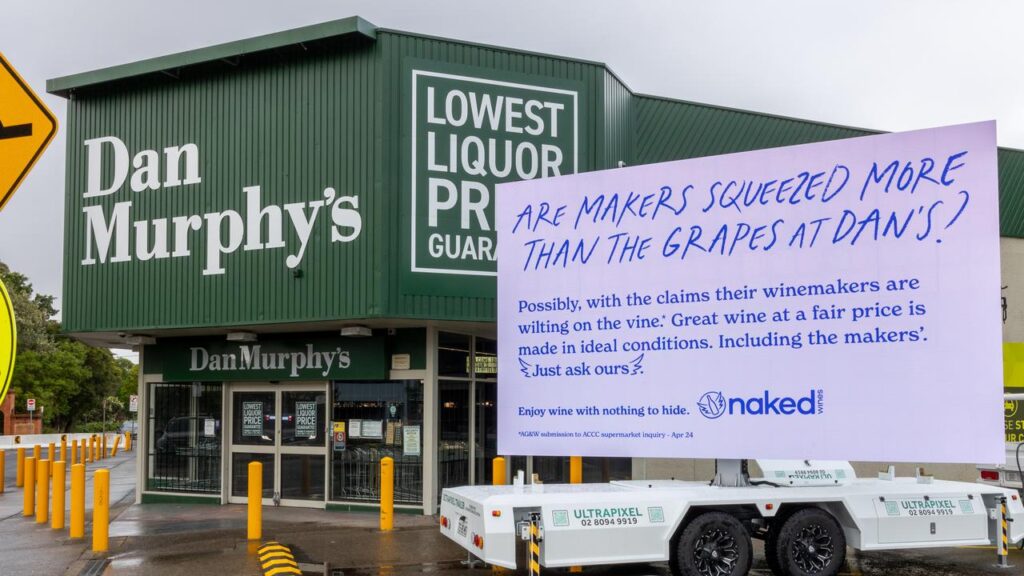Shopping habit making Aussies pay more
Written by admin on September 30, 2024
Australian shoppers often show brand loyalty to one major grocery stores instead of shopping around based on price, in a move that reduces market competition, and gives supermarkets more market power, new research has found.
Analysis of store locations based on consumer bank transactions revealed shoppers in NSW and the Australian Capital Territory reported high degrees of “inertia” which favoured the industry giants Coles and Woolworths, the report from research think tank e61 revealed.
Report author and economist Matt Ellias said this customer behaviour also happened in areas services by different grocery stores, and a lack of options was “not the primary driver,” instead pointing to factors like convenience, unconscious habit and a lack of resources to help shoppers find the best deal.
Coles and Woolworths also had a competitive advantage and customers are able to locate their stores in the best areas as well, he said.
However Mr Elias said the shopping trend does give the major supermarkets more market power, with research indicating the brand loyalties run deep.
“What we do know is that consumer inertia can reduce competition. If consumers aren’t exploring potential better options at alternative stores then this confers market power onto supermarkets,” he said.
The analysis found 70 per cent of customers who did their primary large shop at Woolworths would continue to do one month later, with 62 per cent people continuing to remain loyal with their main shopping six months later.
Figures were similar for Coles with 62 per cent remaining loyal one month later, and 55 per cent remaining loyal six months later.
The numbers were considerably lower for Aldi at 48 per cent for one month and 37 per cent for six.
Mr Elias said while customer behaviour was in part driven by “brand loyalty”, he also pointed to the fact that Woolworths and Coles often have locations at shopping centres.
“It really does matter just in terms of parking availability and the other kind of amenities that being in a shopping centre provides,” he said.
“While we didn’t have that data available, my prior is that being in a shopping centre is a big advantage that for, you know, Coles and Woolworths.”
In comparison, Aldi stores benefit by being located to the major supermarkets because it allows them to “more effectively poach their customers”.
“It makes the switching less costly because the shopper just has to go a couples of 100m down the road,” he said.
The behaviour and pricing of supermarkets has been forced under the spotlight this week after the consumer watchdog, the Australian Competition & Consumer Commission, announced it was taking legal action against Coles and Woolworths over allegation they raised the cost of hundreds of items before discounting them, and misleading shoppers while doing so.
Last week, a survey conducted for the government by CHOICE mystery shoppers, also revealed a 14-item basket of groceries containing essentials like vegetables, fruit, beef mince and cheese cost the least at Aldi ($50.79), with just $2.48 difference between Coles ($66.22) and Woolworths ($68.70).
The same basket of groceries set mystery shoppers back $78.95 when purchased at IGA.
An interim report released by the ACCC’s inquiry into the supermarket sector also found shoppers faced “real difficulties” with comparing prices, with deputy chair Mick Keogh saying Australians were “losing trust in the sale price claims by supermarkets”.
“These difficulties reportedly arise from some of the pricing practices of some supermarkets, such as frequent specials, short-term lowered prices, bulk-buy promotions, member-only prices and bundled prices,” he said.






